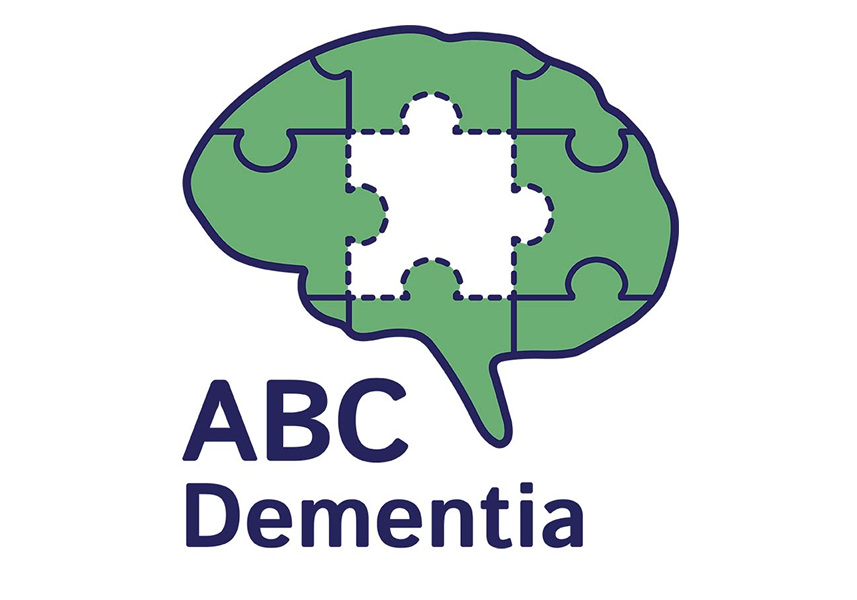
ABC Dementia is an online support and coaching community provides a robust free Resource Library, online events, and relationship-based support to make a day-and-night difference in your experience, supporting you to support your person, and enabling you both to feel, think & function better.
People with dementia have taught me that when words fail us, behavior speaks.
25 years ago I started working as an aide in a nursing home. I loved it! I’ve been working with older adults with dementia ever since.
I treasured my residents, especially those who were “pleasantly confused”, like Elena.
I was puzzled when I learned other staff didn’t like her. “She’s irritable and impatient!” they complained.
What? Sweet, gentle Elena? What I was missing?
I found out one evening as I sat with Elena on my break.
A seasoned aide burst into her room without knocking. Moving a mile a minute, she ripped back the covers and rolled Elena to her side. “You’re wet, Elena,” she announced, “I have to change you.” Elena grimaced and groaned. Summoning whatever energy she could, she pushed the aide away, accidentally scratching her arm. "Now Elena," the aide scolded. "Be nice. I’m helping you."
As a brand-new aide, I had no idea what to do or think. My training hadn’t covered this.
Yet, it was crystal clear to me.
Pain and fear were behind her behavior. The aide was making it worse.
It didn’t occur to me that the aide could have missed it.
“I can help…” I stammered awkwardly.
“I don’t have time for your help,” she snapped. She rolled Elena back, threw the covers over her, and was out the door.
I sat back down with Elena and tried to comfort her, but I was pretty uncomfortable myself.
Now, I would know how to respond. I would NOT tolerate such treatment!
I’ve learned a lot since then, including that although spotting the message in behavior came naturally to me, it wasn’t so obvious to others.
As I gained seniority among my peers I began to train them. I enjoyed it. I LOVED showing people how much better our residents could do when we adjusted our approach to meet their needs.
Like Elena, they became irritable, anxious, or resistant to care when something was wrong—they were hurting or rushed or felt insecure or disconnected.
When we figured out what was wrong, and addressed the need, they felt and behaved much differently. I was grateful they had some way to express their needs.
Soon I was teaching all the staff. Community. Family members. Now I’m thrilled to have the opportunity to reach further with my message of Appreciating Behavioral Communication in the ABC Dementia Course & Community.
We take a needs-based approach to care. As humans, we all do best when enough of our needs are met—not just our physical needs, but also our mental, emotional, social, spiritual, and vocational needs.
This applies to those we support as well as ourselves. It can be hard to do in a caregiving situation, but it's possible. It's much easier with the right support.
In the ABC Dementia Course & Community, we provide relationship-based low-cost long-term coaching and support for those who support someone with dementia. No more explaining your story again and again to whoever happens to answer the phone at the support organization. No more trying to ask for help when you don't even know what you need.
Now you have an expert to turn to with questions or for clarity when you don’t know what to do. A partner to strategize realistic ways to meet your needs over the long term. Friends who understand what you're going through...and who sincerely want to hear the painful parts as much as the wonderful ones.
A whole community of people who know how hard it is to feel alone. And how powerful it is to know we're not.
Start by checking out the free Resource Library. Then reach out when you have questions about Membership.
- Laura Herman
Dementia Behavior Specialist
Dementia Care Consultant, CCF


